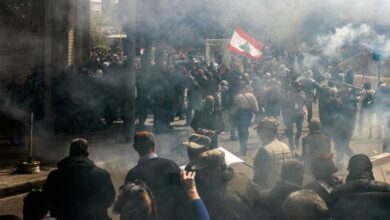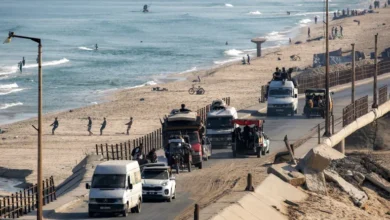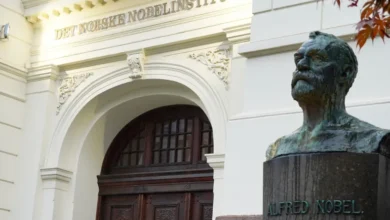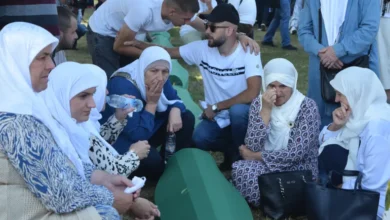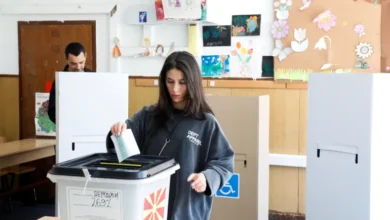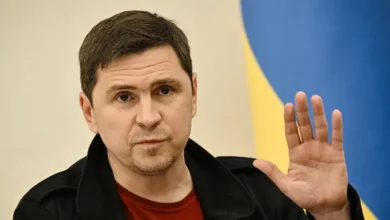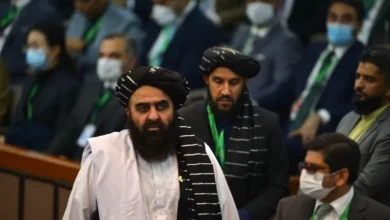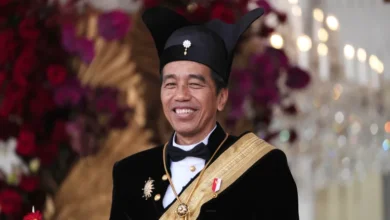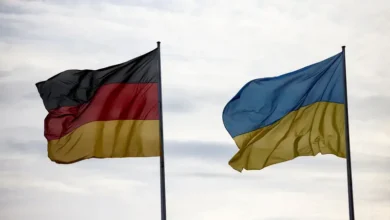Sudan army chief backs ceasefire extension as skirmishes continue
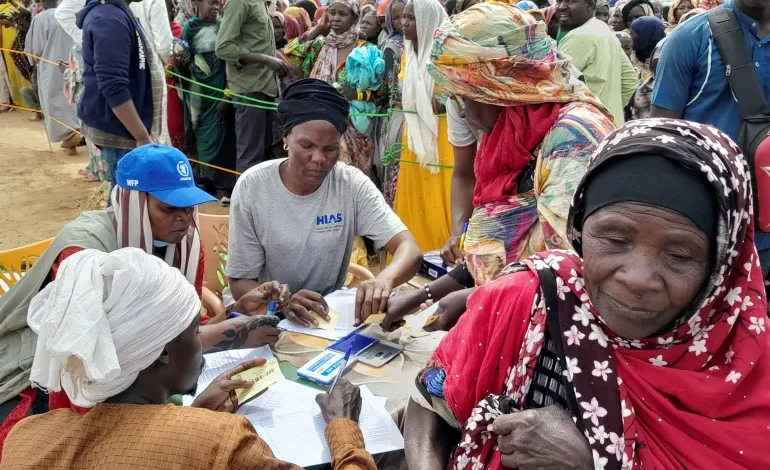
Sudan’s army has expressed willingness to extend a shaky ceasefire for a further 72 hours amid continuing battles with the rival paramilitary Rapid Support Forces (RSF) on the outskirts of the capital Khartoum.
The army said late on Wednesday that its leader, General Abdel Fattah al-Burhan, had given initial approval to a plan to extend the truce – due to expire late on Thursday – for another 72 hours and send an army envoy to Juba, the South Sudan capital, for talks.
There was no immediate response from the RSF to the proposal from the Intergovernmental Authority on Development (IGAD), a regional bloc.
The military said the presidents of South Sudan, Kenya and Djibouti worked on a proposal that includes extending the truce and talks between the two forces.
“Burhan thanked the IGAD and expressed an initial approval to that,” the army statement said.
United States Secretary of State Antony Blinken and African Union Commission Chairperson Moussa Faki Mahamat have also discussed ways to work together to end the fighting in Sudan, the US State Department said in a statement on WednesdayAfrican Union leadership remained “essential in pressing the Sudanese Armed Forces and the Rapid Support Forces to immediately cease military operations and allow unhindered humanitarian access,” it added.
Some of the heaviest battles on Wednesday were in Omdurman, a city on the northern edge of Khartoum where the army was fighting RSF reinforcements from other regions of Sudan, according to the Reuters news agency.
The AFP news agency also reported warplanes flying over the northern suburbs of Khartoum drawing heavy anti-aircraft fire from the paramilitaries. In the south, machine-gun fire was reported near one of the homes of RSF leader Mohamed Hamdan Dagalo, known as Hemedti.
Since fighting erupted in Sudan on April 15, at least 512 people have been killed in air raids and artillery attacks. Thousands have been wounded and hospitals destroyed, with many residents – some on foot – trying to flee the unrest.A third of the country’s 46 million people were already reliant on humanitarian aid even before the violence began.
‘People are suffering’
The World Health Organization said only 16 percent of health facilities were functioning in Khartoum and predicted “many more deaths” due to disease and shortages of food, water and medical services.
An estimated 50,000 acutely malnourished children have had treatment disrupted due to the conflict and those hospitals still functioning are facing shortages of medical supplies, power and water, the United Nations said in an update on Wednesday.
The crisis has sent growing numbers of refugees across Sudan’s borders, with the UN refugee agency estimating 270,000 people could flee into South Sudan and Chad alone.
Foreigners evacuated from Khartoum have described bodies littering streets, buildings on fire, residential areas turned into battlefields and youths roaming the streets armed with large knives.
“It was horrible,” said Thanassis Pagoulatos, an 80-year-old Greek owner of the Acropole Hotel in Khartoum, after arriving in Athens to the embrace of emotional relatives.
“It has been more than 10 days without any electricity, without water, and five days nearly without food,” he added, describing shooting and bombing. “Really, the people are suffering, the Sudanese people.”

